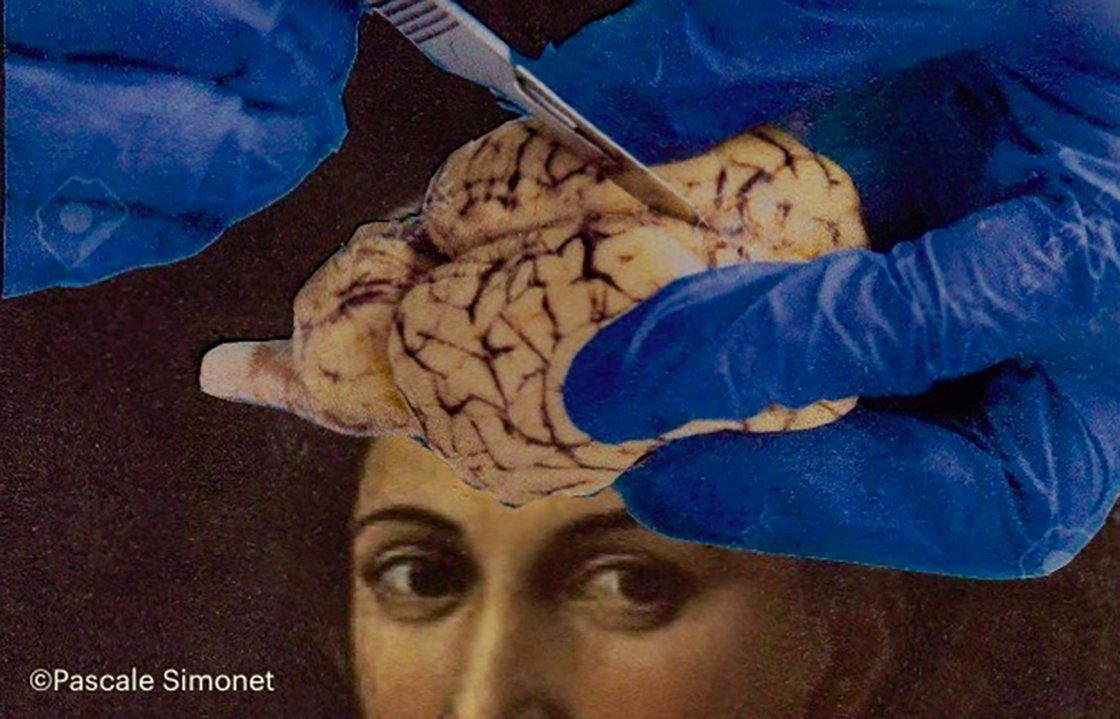Pascale Simonet – “Remove this Disorder for Me!”

Lacan, in his Ethics of psychoanalysis, had already made it plain that when science is in its proper place then it is in a relation with the death drive (1). Notwithstanding the technical sophistication of the instruments that support it, the passion for knowledge is animated by a blind desire that veers toward destruction. Essentially this is what comprises the tabula rasa of the scientific spirit.
Cut off from tradition, life and its own disorder, science continues to propagate its ravaging effects, harbingers of anxiety. The reduction of man to his brain obscures the “grimace of the real” (2) behind which death approaches stealthily, wielding his iron fist gloved in velvet and harmony.
The articles in this issue illustrate this very clearly.
The subject of the unconscious is not the subject who decides his actions. Pure function of the signifier, the subject is not the individual. Esthela Solano demonstrates this with clarity and stresses that to reduce the unconscious and the drive to the rank of a consequence of the exercise of neuronal plasticity without bringing them back to the level of the cause, is to distort psychoanalysis and what is sought is purely and simply it’s disappearance.
The Memory Championships as presented by Marco Focchi have nothing to do with what he calls “the memory of life”. If, in the neurosciences, memory is an explicitly manipulatable object, in psychoanalysis, it is granted the place in which it belongs in the style belonging to the life of the subject, like no other.
For her part, Olga Monton brings to life the story of a little girl who speaks well and reads without difficulty and is yet handed over by the school to a “behavior specialist” supposedly to restore the process of dumping information on her computer-brain, in order to suppress a “disorder” posed by a “misspelling” where the resistance of the subject is acted. A practitioner oriented by psychoanalysis will not lose sight of the fact that the subject of the unconscious is not the subject that decides on his acts. Pure function of the signifier, the subject is not the individual. S/he [the Practitioner] will instead offer to welcome this symptom as a mode of incomparable subjective treatment, thus making room for the singularity of her response.
Translated by Raphael Montague
- Miller J.-A., L’orientation lacanienne. Un effort de poésie [The Lacanian Orientation. An Effort of Poetry] teaching delivered within the framework of the Department of Psychoanalysis University Paris VIII, lesson of the 4th of June 2003, Unpublished.
- Lacan, J., Television […] W.W. Norton and Co., New York and London, 1990, p. 6.

